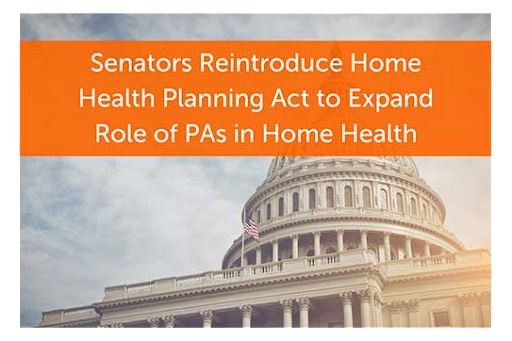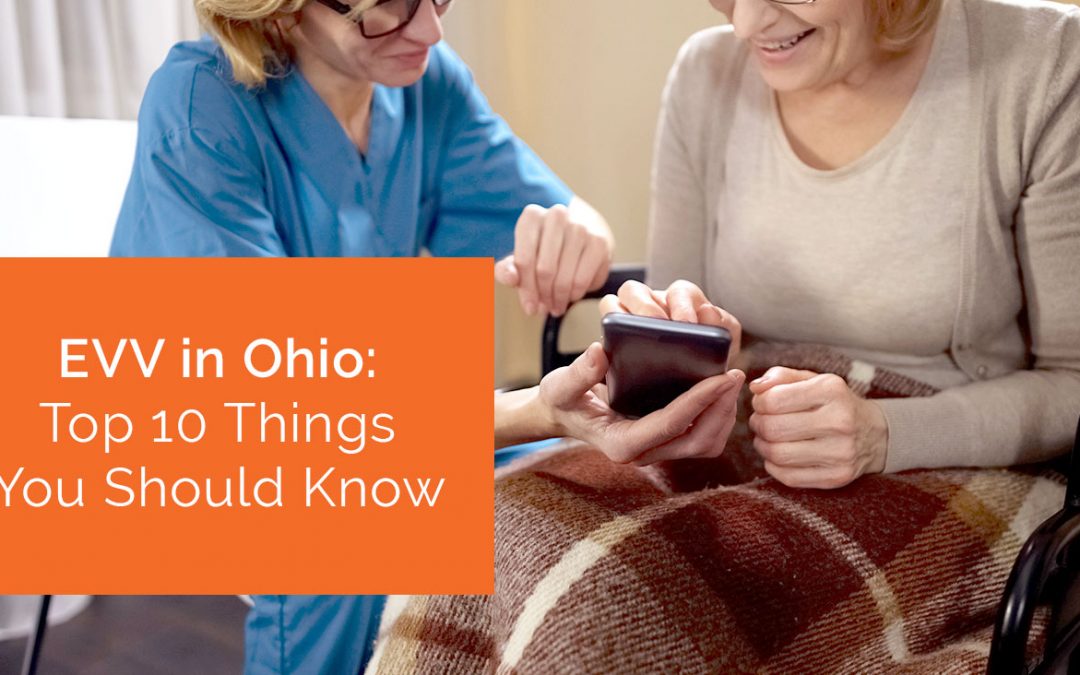Senators Susan Collins (R-ME) and Ben Cardin (D-MD) have reintroduced a bill to Congress aimed at increasing access to home healthcare services, especially for those living in remote or rural areas.
The Home Health Care Planning Improvement Act (S.445) is a reintroduction of a similar 2015 bill from Senator Collins. That bill received significant bipartisan support, but was not passed before the end of the last congressional session. Senators Collins and Cardin hope that by introducing this bill, those in need of home health care services can gain access to them more quickly.
Home Health Care Planning Improvement Act Explained
Like the previous version of this bill, the primary change proposed by the 2017 version of the Home Health Care Planning Improvement Act is to allow physician assistants (PA), nurse practitioners (NP), clinical nurse specialists, and certified nurse midwives to order home health services for Medicare beneficiaries. Currently, Medicare regulations require that physicians have a face-to-face visit with the patient before home health care services can be ordered.
The proposed bill points out several issues with the current regulation, including:
1. The face-to-face physician appointment can present a hardship for many Medicare beneficiaries. For many people, a physician assistant or nurse practitioner is their primary caregiver. Requiring them to see a physician often means seeing a provider with whom they are not familiar — and an additional appointment for someone who is otherwise home bound.
2. In rural and under-served communities, in particular, patients can wait months to see a physician. As a result, they may need more expensive residential care while they wait for home health services to be approved, or experience significant delays in receiving necessary services.
3. Physician assistants and advanced practice nurses and midwives are already allowed to perform more advanced (and more costly) interventions such as prescribing medication and ordering nursing home care. Not allowing them to order less costly home health care is not in line with the current guidelines related to the scope of practice for these individuals.
4. In many cases, requiring a physician to certify a home health care plan only causes extra paperwork while delaying access to care for some of our most vulnerable citizens. Many home health care agencies are facing a backlog of patients, as well as issues with billing and payment, due to the face-to-face requirement. Changing this requirement will help agencies streamline their processes and get reimbursed sooner.
Support for the Bill
As mentioned previously, a similar bill was proposed during the last Congress; a companion bill went before the Senate and had more than 200 co-sponsors. However, the bill never reached the floor for a vote. The new version of the bill has a great deal of support already as well. The National Association for Home Care and Hospice is a strong proponent from the bill, and is encouraging its members to reach out to their elected representatives and ask them to take action.
Opposition to the bill has primarily come from physicians, and from those who believe that allowing PAs and nurse practitioners to certify plans could lead to harm to patients. Doctors point out that PAs and NPs do not receive the same training as a physician, and thus could make inappropriate decisions. However, given the number of PAs and NPs in practice that serve as primary care providers, it appears that those concerns may be unfounded.
By some estimates, implementing the Home Health Care Planning Improvement Act could lead to non-physician practitioners making as many as 70 percent of all home health care certifications by 2025. This has the potential to not only save money, but also potentially improve the quality of — or even save — the lives of older Americans. The bill is currently in committee, with the sponsors expecting it to go to a vote within the next few months. Should it pass, the provisions will go into effect on January 1, 2018.
To remain up-to-date on this bill and other pending legislation that affects the home health care industry, follow the Complia Health blog, where we will publish updates as they become available. In the meantime, check out our wide array of solutions to help manage home health agencies more efficiently while still providing quality care.




